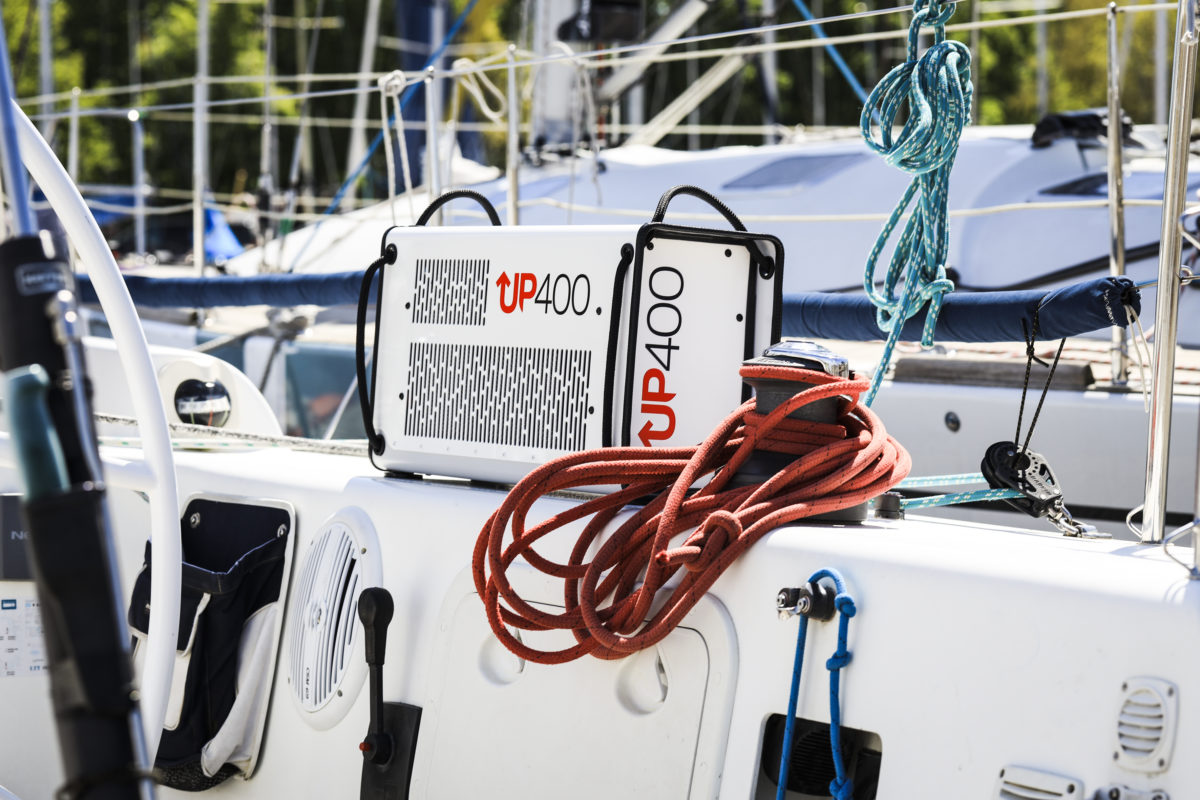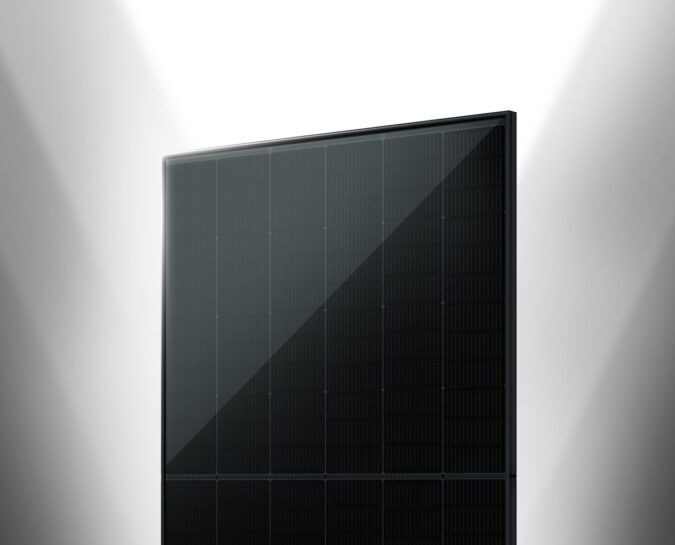Estonia-based hydrogen fuel cell specialist PowerUP Energy Technologies has unveiled a 400 W portable fuel cell-based generator that can be used in off-grid applications.
The generator, dubbed UP400, is sold at a price of €6,500 and is claimed to have a minimum lifetime of 5,000 working hours. It operates at temperatures ranging from -20 to 52 degrees Celsius.
The device has a weight of 10kg and is based on a proton exchange membrane fuel cell technology which works in three different steps: first the electrons are stripped from the hydrogen molecules through a catalytic process; then the positively charged protons pass through the membrane to the cathode and the negatively charged electrons are forced through a circuit to generate electricity; and finally, the electrons combine with the protons and oxygen from the air to generate by-products such as water and heat.
The hydrogen is provided by external cylinders and its fuel cells work in parallel with a battery module, with the former acting as the main power source during operation. The solution is claimed to be ideal for sailing and yachting, camper vans or other recreational vehicles, and off-grid homes.
“Whether you own a yacht, a camper van, or need a power back-up for your off-grid home, we have a powerful solution for everyone,” said the company's CEO, Ivar Kruusenberg. “These smart generators can be combined with batteries, solar panels, or even wind turbines to create a smart grid system.”
This content is protected by copyright and may not be reused. If you want to cooperate with us and would like to reuse some of our content, please contact: editors@pv-magazine.com.




Without some minimal information about the external H2 cylinder, mainly weight, volume and price, one cannot assess the usefulness of this system.
Need this Development
Plz can u post more info on this.
I. E how to recharge this system once the hydrogen has run out…?
So I take a solar or wind generator, throw away 60% of the output to store it in this 10kg device plus cylinder, to then be only able to retrieve 400w of power? Has limited applications in my opinion… I would use li based battery for 90% efficiency and high power If required, at much reduced weight and space. H2 will have its place but I don’t think this is it.
‘at much reduced weight and space’ ?
How long can you take 400 Watt from a battery of this size and weight? Perhaps about 5 hours (2 kWh).
At a certain energy capacity (kWh) a battery and a fuel cell system would have about the same size and weight. From this point up you can add energy capacity to the fuel cell system by just adding H2 while you have to add complete batteries to increase the energy of a battery system. You see the difference?
So, no problem to take H2 for a 4 week sailing trip and no chance to take pure battery capacity for that trip.
Kieren, I don’t think the efficiency of the device is the main problem. Unless there is an immediate use for electrical energy from a PV panel it is lost and gone forever, it is the cost .. The lifetime for the cost puts it into the luxury toy market. 5000*400 watt.hrs for 6.5k
6500€/5000hours = 1.3 €/hour or 3.25€/kwh.
A gasoline powered generator will create 2kwh per litter gasoline or as the prices here in Bulgaria, the cost to produce this amount of energy the old fashioned way will be 0.5€/kwh. We need to keep the common sense with the inventions a not only strip down the end users.
Never mind the price. But 400 watts on a 40 feet or 12.5 meter boat is close to nothing. Better to have an AGM battery in addition to solar panels
Not many retail outlets for hydrogen yet, plus it needs special containers..